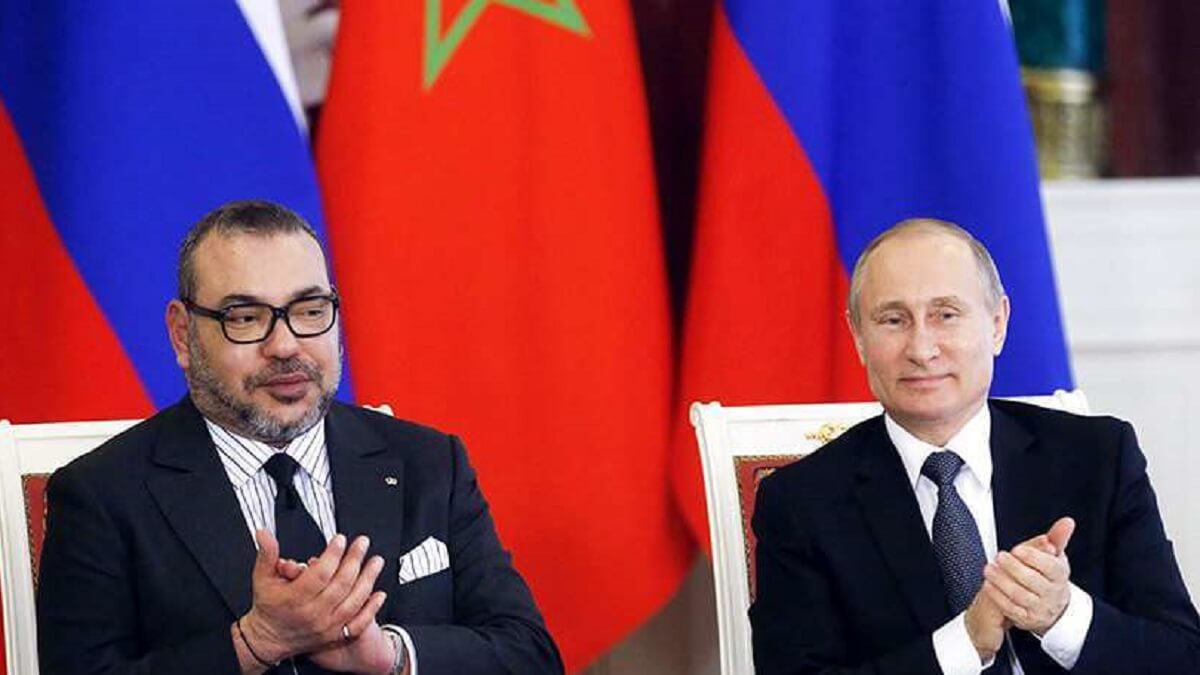(3 minutes read)
Russian President Vladimir Putin announced his intention to establish a free trade zone in Egypt, Morocco, Tunisia, and Algeria at a meeting with his cabinet. This move aimed at furthering Moscow’s diplomatic and economic influence on the continent.
Russian President Vladimir Putin announced his intention to establish a free trade zone in Egypt, Morocco, Tunisia, and Algeria at a meeting with his cabinet. This move aimed at furthering Moscow’s diplomatic and economic influence on the continent. Russia has to translate the level of political trust into an economic corporation, and Russia should extend their hands of friendship towards the northern African countries to further strengthen their bilateral relations, stated the Russian President.
According to Putin, the North African free-trade zone will be integrated into the Eurasian Economic Union (EEU), which already offers a common economic space on the model of the European Union with Belarus, Armenia, Kazakhstan, and Kyrgyzstan. Minister for Economic Development, Maxim Reshetnikov, stated that African countries consider Moscow to be a reliable partner in the fight for economic independence.
Morocco’s involvement in this project, therefore, confirms the good relations between Rabat and Moscow. At the Russia-Africa Summit, the Kingdom, through its head of government Aziz Akhannouch, reiterated its determination to strengthen bilateral relations and trade with the Russian state.
Read Also:
https://trendsnafrica.com/african-leaders-plead-to-west-to-lift-sanctions-on-russia/
https://trendsnafrica.com/2-nd-russia-afro-business-forum-meeting-a-stocktaking/
In June, Algeria struck a deal to help Russian gas giants establish a stronger foothold in the Algerian market. President Abdel Fattah al-Sisi of Egypt has been vocal in criticising Russia’s departure from the Black Sea Grain Initiative, which allowed 33m tonnes of Ukrainian grain to reach international markets between July 2022 and July 2023.





